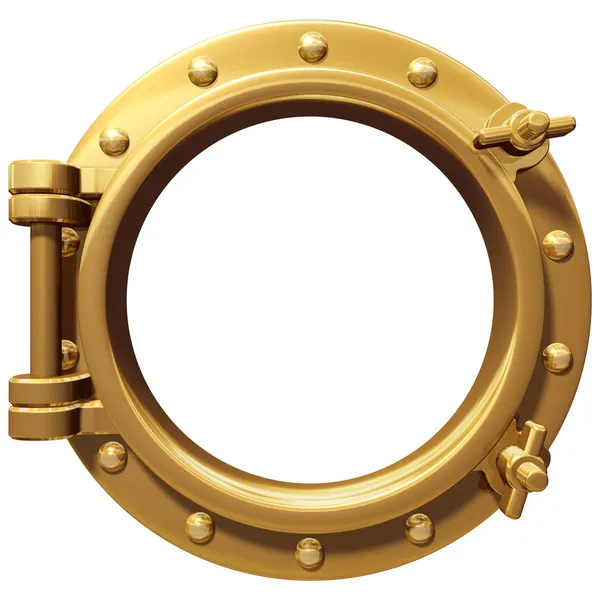The European Union votes and opens the doors to electric fishing. For Bloom it is an environmental disaster. With 23 votes in favor and only 3 against, the European Parliament’s Fisheries Commission has opened the doors to electric fishing. A cruel system that literally electrocutes the fish after attracting them. This fishing technique was banned in Europe in 1998, as well as in the USA, Brazil and China. In 2007 it was authorized for experimental purposes in the North Sea for flatfish fishing, however limiting it to 5% of Dutch vessels. And, it was precisely the Dutch who pushed for a yes vote. It seems that the Dutch industrial fishing lobbies have a particular interest in seeing this fishing technique approved. But French fishermen are not there and denounce the desertification of the oceans caused by electric fishing and recall the commitment to “put an end to destructive fishing practices by 2020” made by the European Union. For Bloom, a French environmental association, this fishing technique is very effective but can transform the ocean into a desert in a short time. This was declared by the President of Bloom Frédéric Le Manach. To date, there is no real research on the impact that electric fishing can have even if, according to Bloom, there are many testimonies that demonstrate how the catch often shows burns, bruises and deformation of the skeleton following the electrocution. Ségolène Royal, former French Minister of Ecology, had already expressed himself in the past asking Europe to definitively ban this technique precisely because it is considered a real threat to fish and fishermen.

According to the EU, it is an innovative tool and if science does not prove negative aspects in the next 4 years, electric fishing can be practiced without limits throughout Europe. According to Bloom, this disastrous result could be reversed in discussion within the plenary vote. “Electric fishing is a harmful technique that has been banned for decades, as well as fishing with explosives and the use of poisons.
A technique in which fishing is carried out with the aid of electricity can be defined as eco-friendly or sustainable. Fish such as cod or plaice can also be snapped in two by the shocks. It is also not clear how animals such as sharks and rays that use electric fields to hunt and defend themselves respond to these discharges. Catching the last fish in the sea endangering the animals that live there is no way to save the oceans. Right now, sustainable electric fishing is just an empty dream”.






